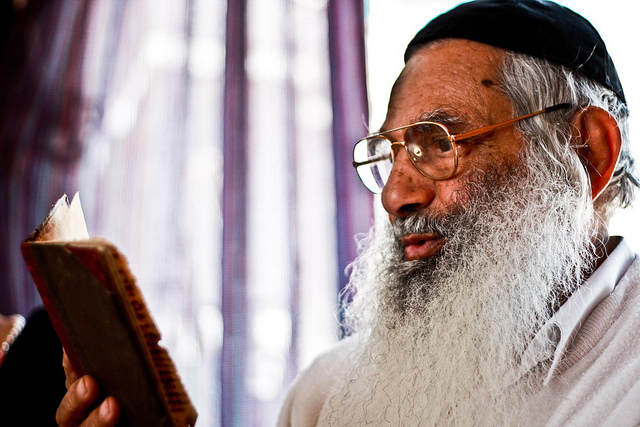
See the Loopholes To All Commandments For Orthodox Jews
- By C Barnett --
- 08 Sep 2017 --

Adjustments made to fit Modern Life
Orthodox Jews are restricted to a strict set of laws and ethics guided by the Torah. Over the years, some Orthodox Jews have adapted ways to go around their daily activities differently and more comfortably while still living up to the Jewish laws (Halakha). These adjustments are referred to as “loopholes,” and they are used in events such as:
See the Loopholes to all commandments for Orthodox Jews[/tweetthis]
Eruv is a Hebrew word that literally refers to the mixing or blending of domains into one. An eruv is a private community built in a public space using poles and string to enclose the area. Within the eruv, Jews are relieved of the restrictions of the Sabbath such as those against moving belongings and carrying children from your private home to your car out in public. Eruvim have grown popular among many Jews worldwide today.
It is the seventh year sabbatical in which the ground is not tilled but rather left to rest as a sacrifice. Orthodox Jews stay on track with this by raising their crops off the ground and employing methods of farming that do not involve root and ground contact such as hydroponics.
Despite the restriction from the Torah to power electrical appliances on Sabbath, some Jews have employed the Shabbat elevator that does not require any physical or electrical operation and is in line with the Halakha all in all.
This is a shortened version of the Amidah that Orthodox Jews developed. This abbreviated version is a representation of the original and therefore fulfills the requirements of the Halakha.
Some of the Jewish fasting days include Yom Kippur, Asarah B’Tevet, and Tisha B’Av among others. Some Jews will choose to move some of these dates around to suit their availability and comfort to ensure that they still participate in them even if it is not at the same time with other fellows.
Some Orthodox Jews believe in these loopholes as just a different way towards leading by the Halakha and hence approve and practice them.



















